Home & Building Inspection Services
Building inspection services provide an invaluable resource for maintaining the safety of residential and commercial buildings.
OR CALL: (301) 576-9599
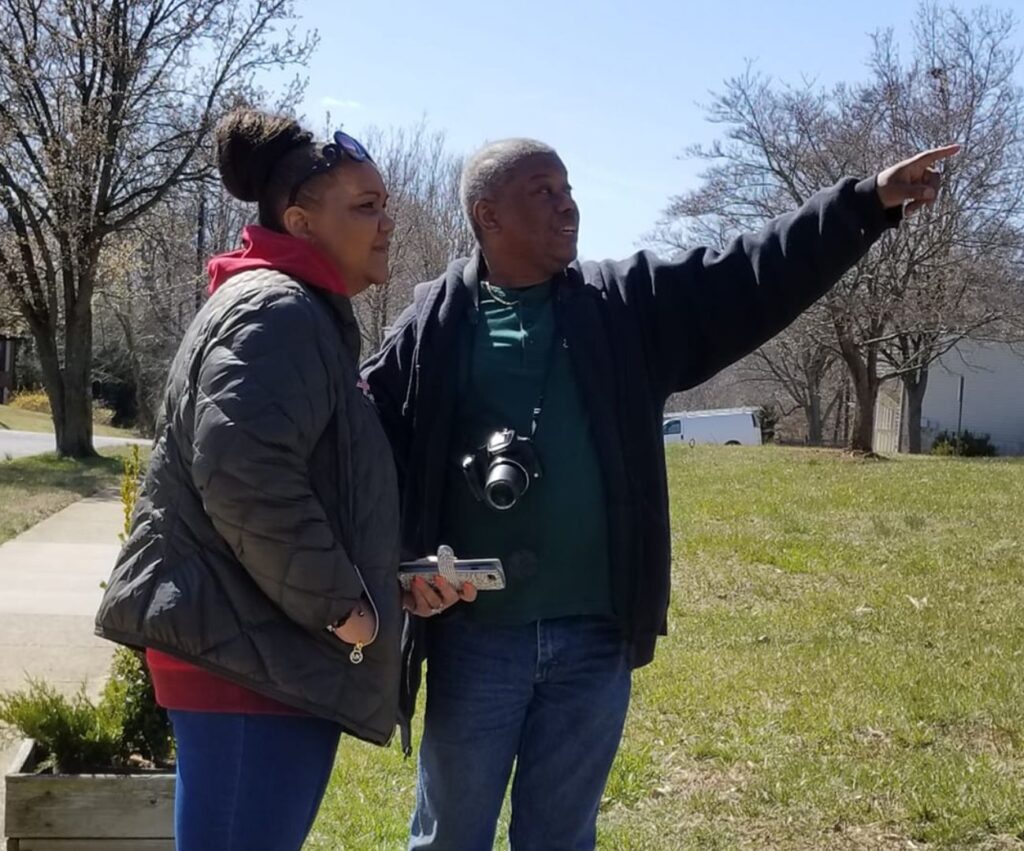
Building inspection services provide an invaluable resource for maintaining the safety of residential and commercial buildings.
OR CALL: (301) 576-9599

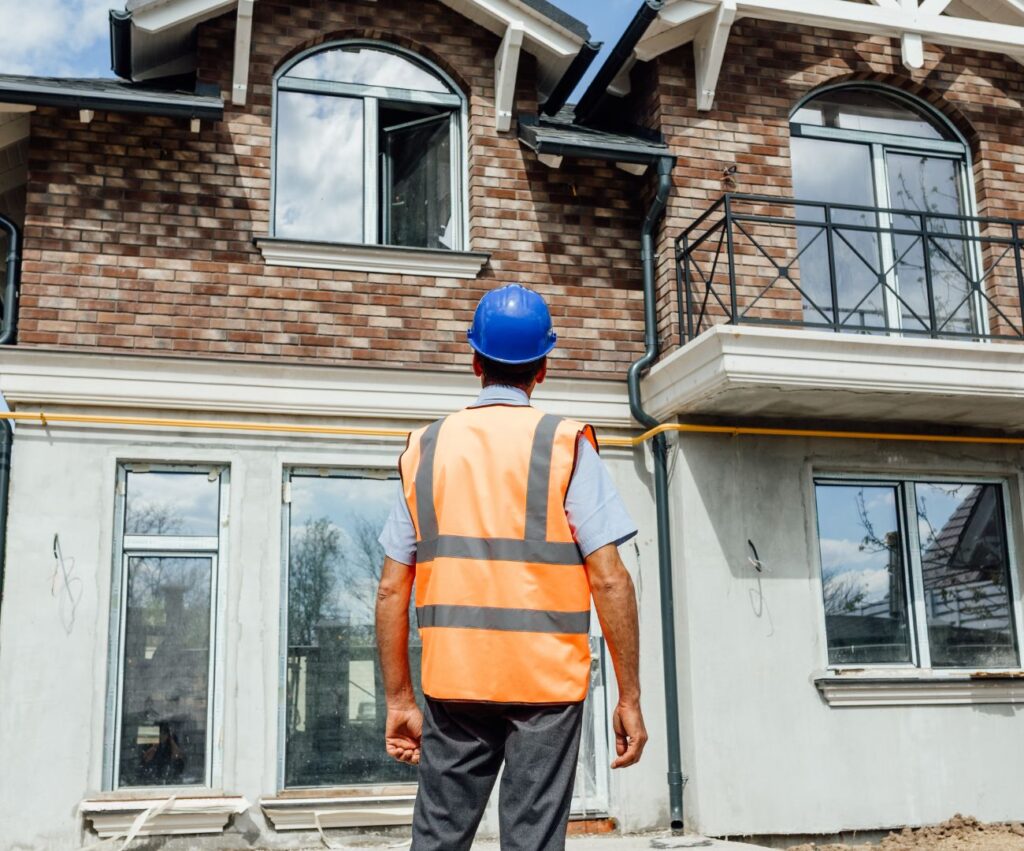
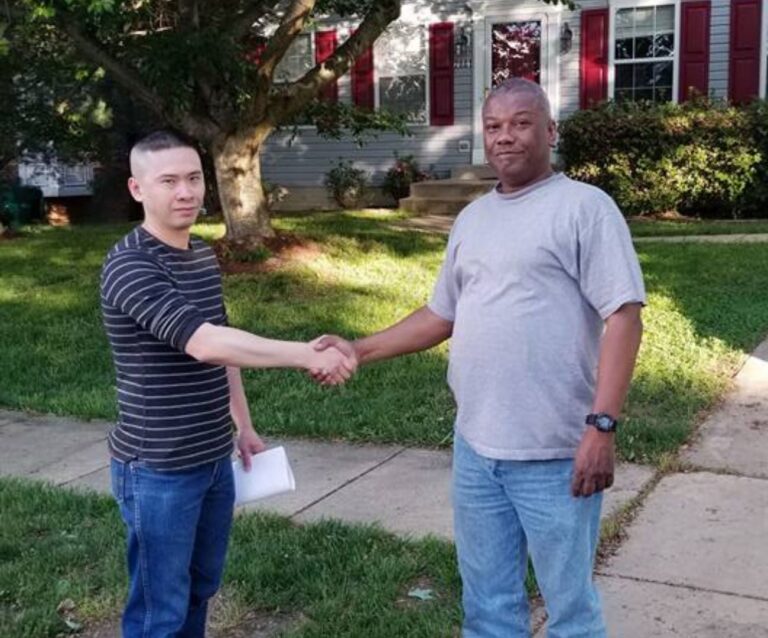
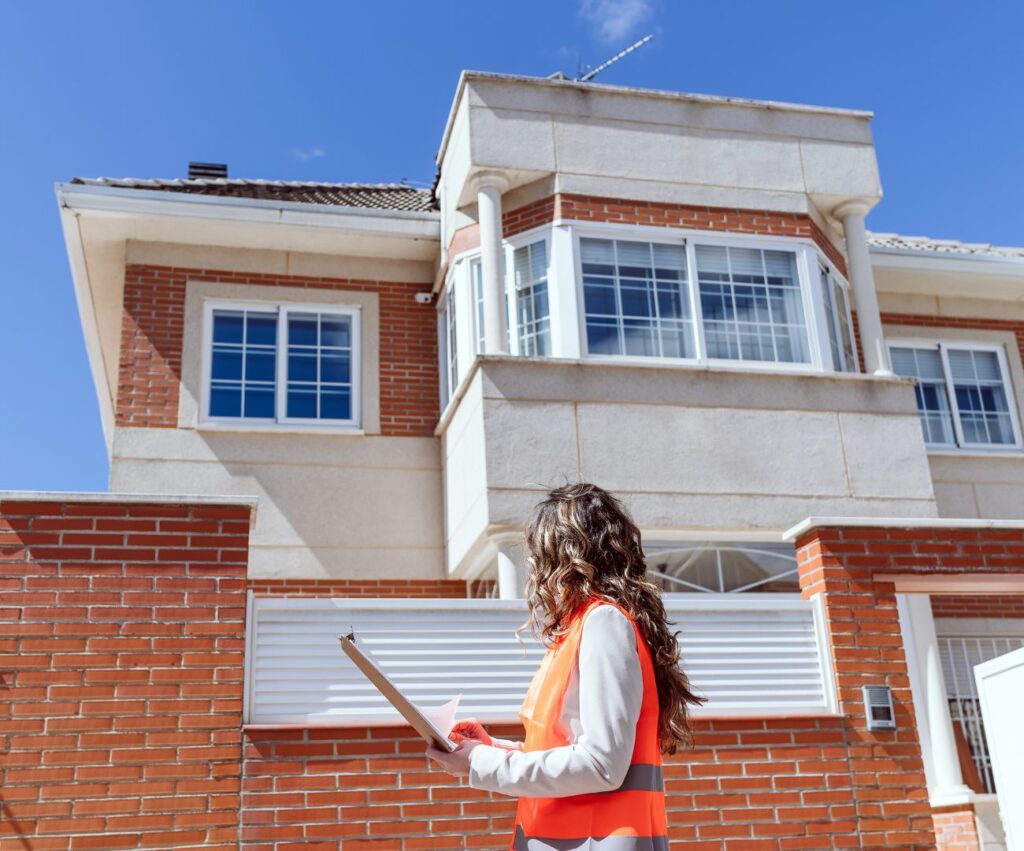

At Complete Building Inspection Services, we provide comprehensive home inspection services to assess your residence’s structural integrity and safety. Our licensed inspectors take a comprehensive look at both the interior and exterior – from the roof to the foundation – looking for any signs of damage caused by water intrusion, age, or inclement weather.
We provide a detailed report outlining potential issues affecting your safety or the structure’s integrity. When buying a home, including one of our inspections in your purchase agreement can give you peace of mind knowing your new home is up to code and safe to live in.
At Complete Building Inspections, we provide comprehensive building and home inspection services, including mold inspection, radon inspection, electrical inspection, plumbing and structural inspection, pest control, and well water testing. Our experienced team of certified inspectors utilize the latest tools and techniques to ensure that your home or business is up to code and safe for you to occupy.
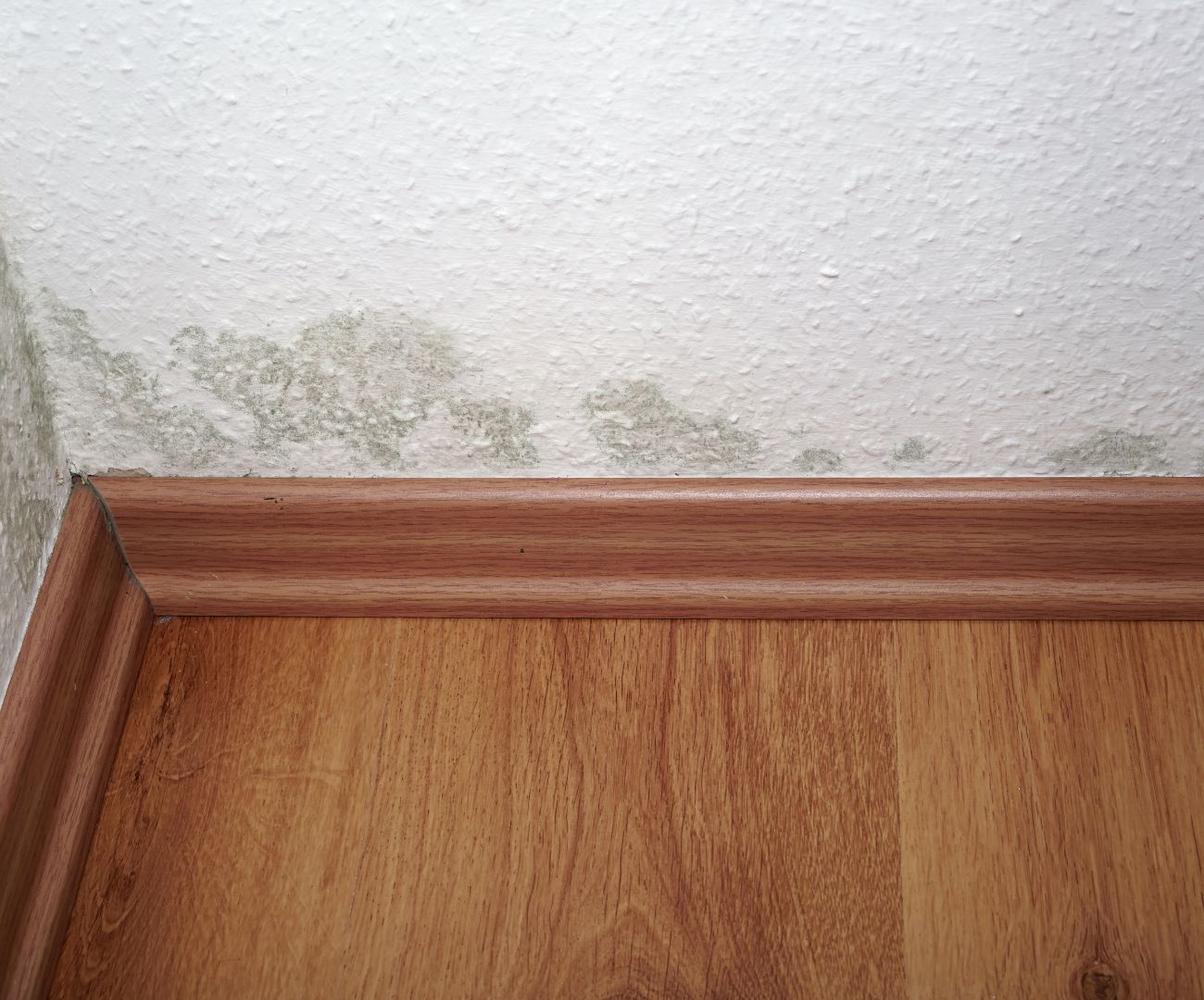
Mold inspection is a crucial step in evaluating the overall condition of any building and ensuring that it is safe for occupancy.
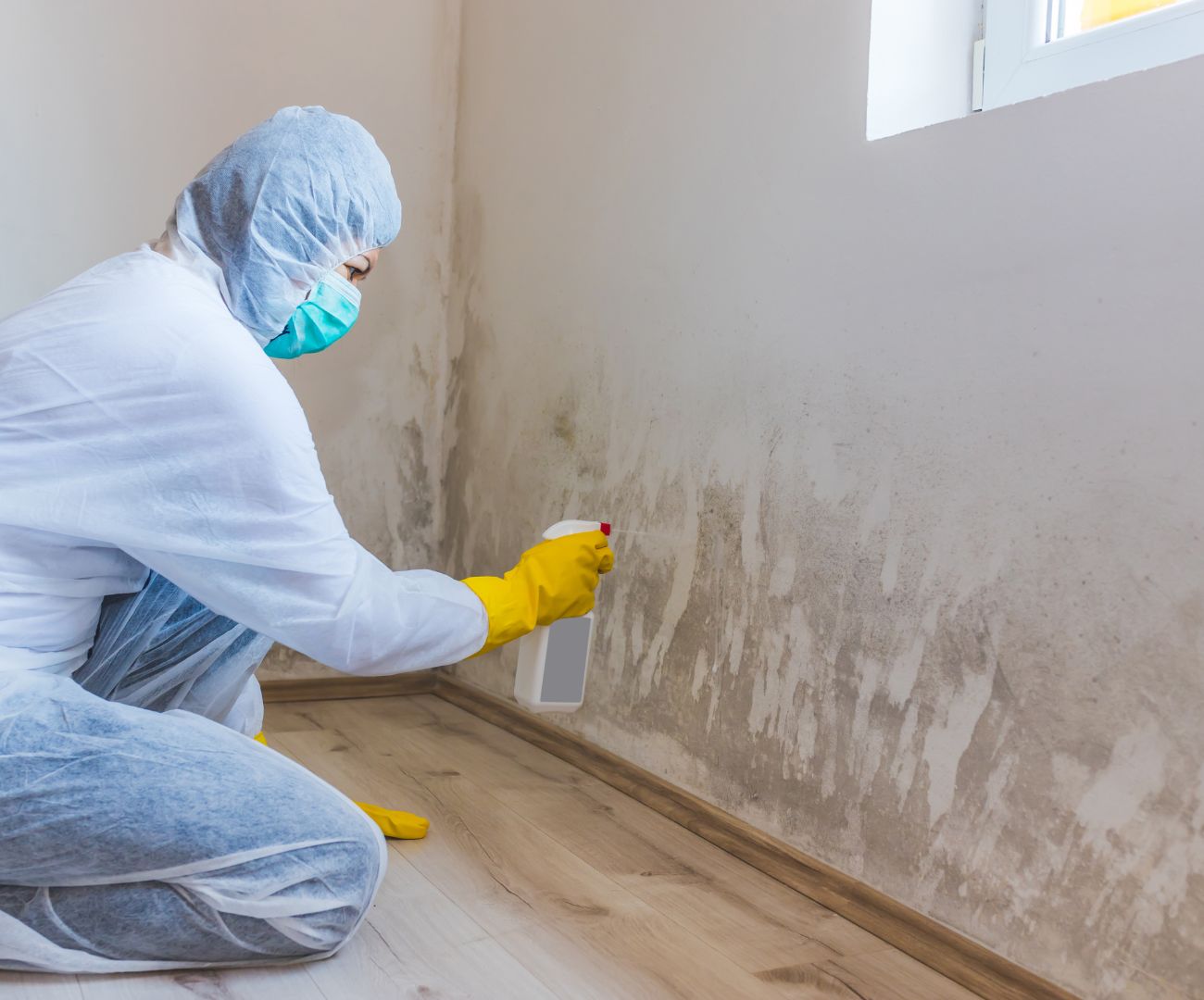
Mold remediation is the process of removing and treating mold found in buildings.
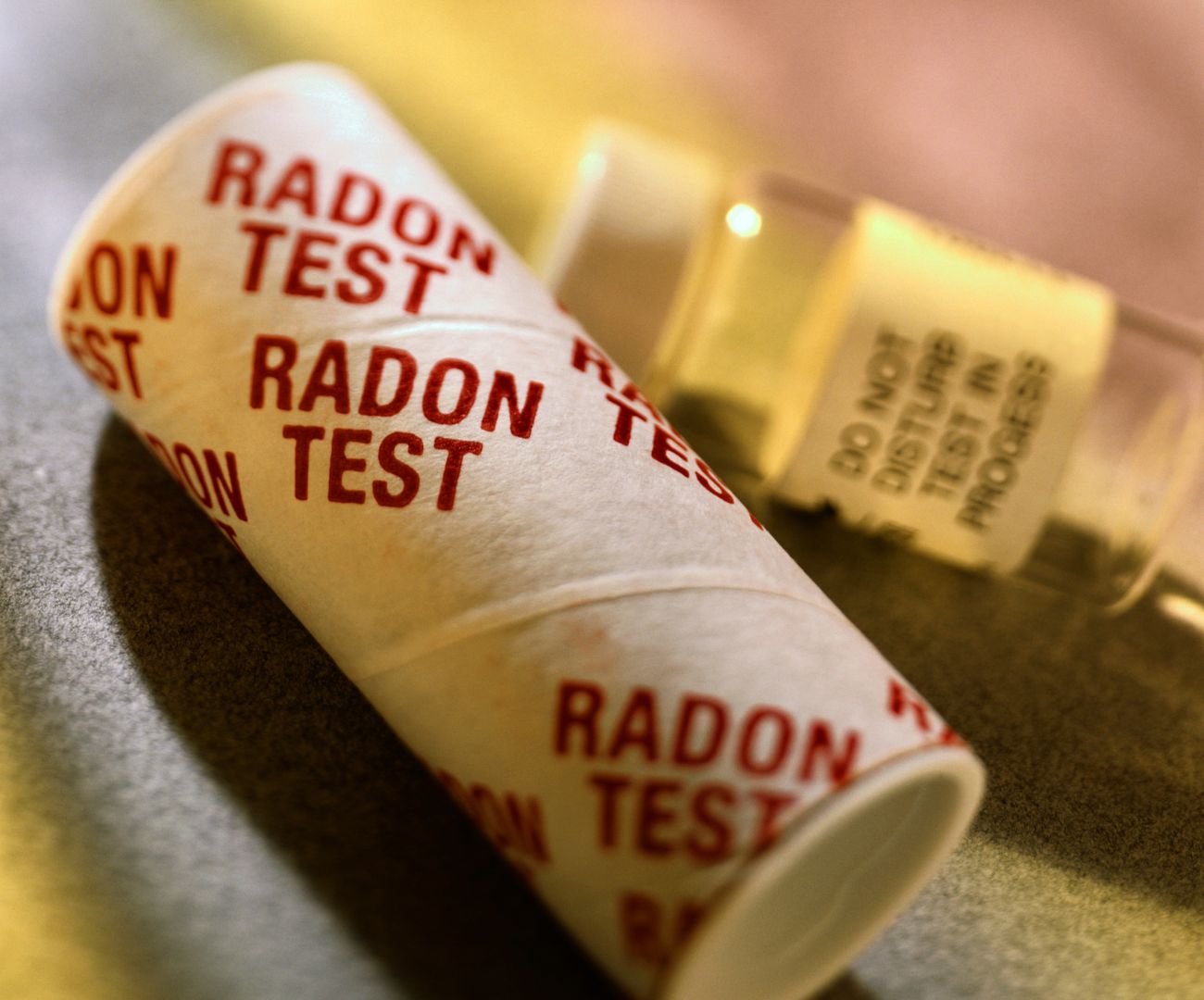
Radon is an odorless, colorless gas that can pose serious health risks to exposed individuals.
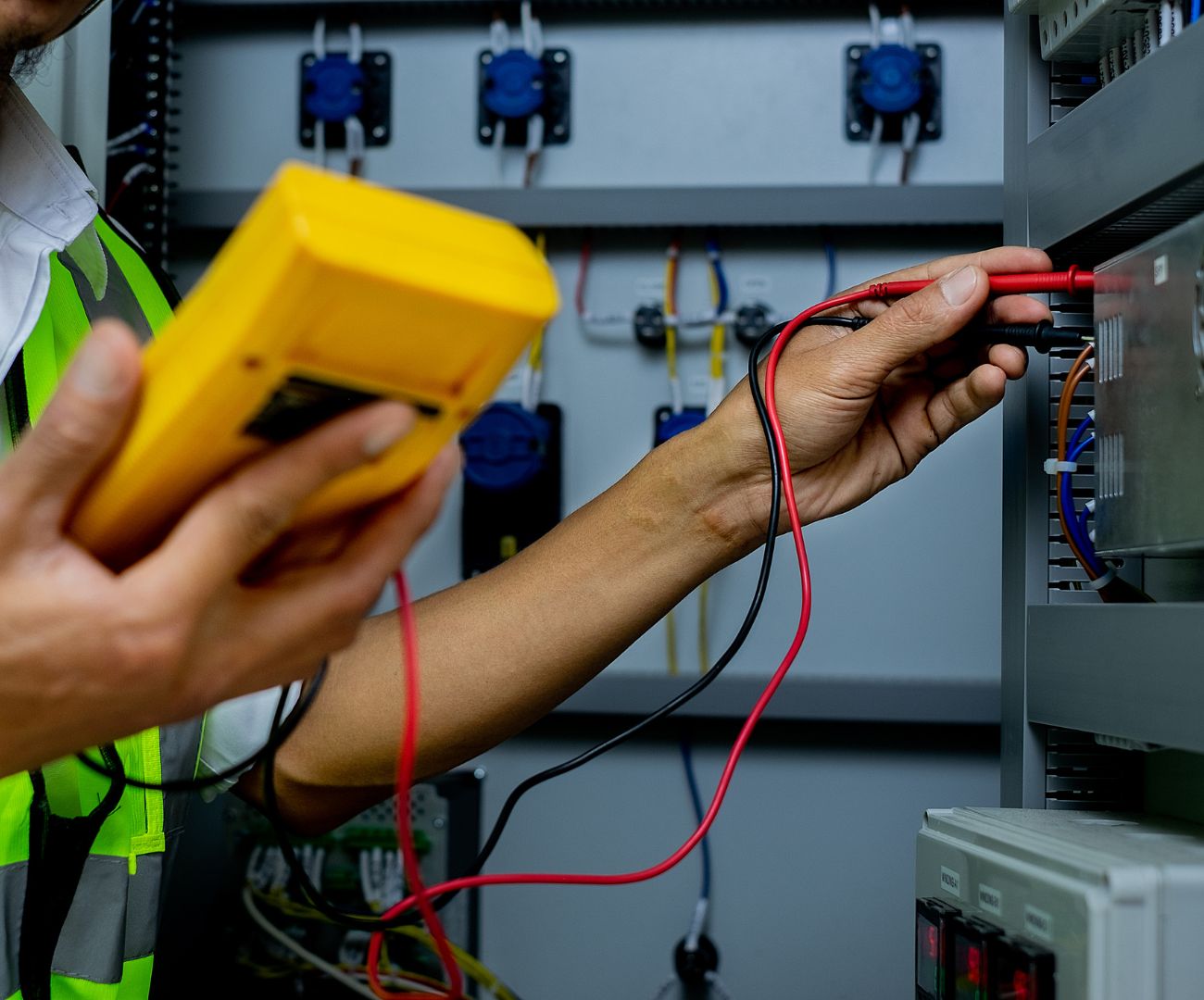
Electrical inspections are essential for any property, as they help to identify and correct any issues with the electrical wiring or fixtures.
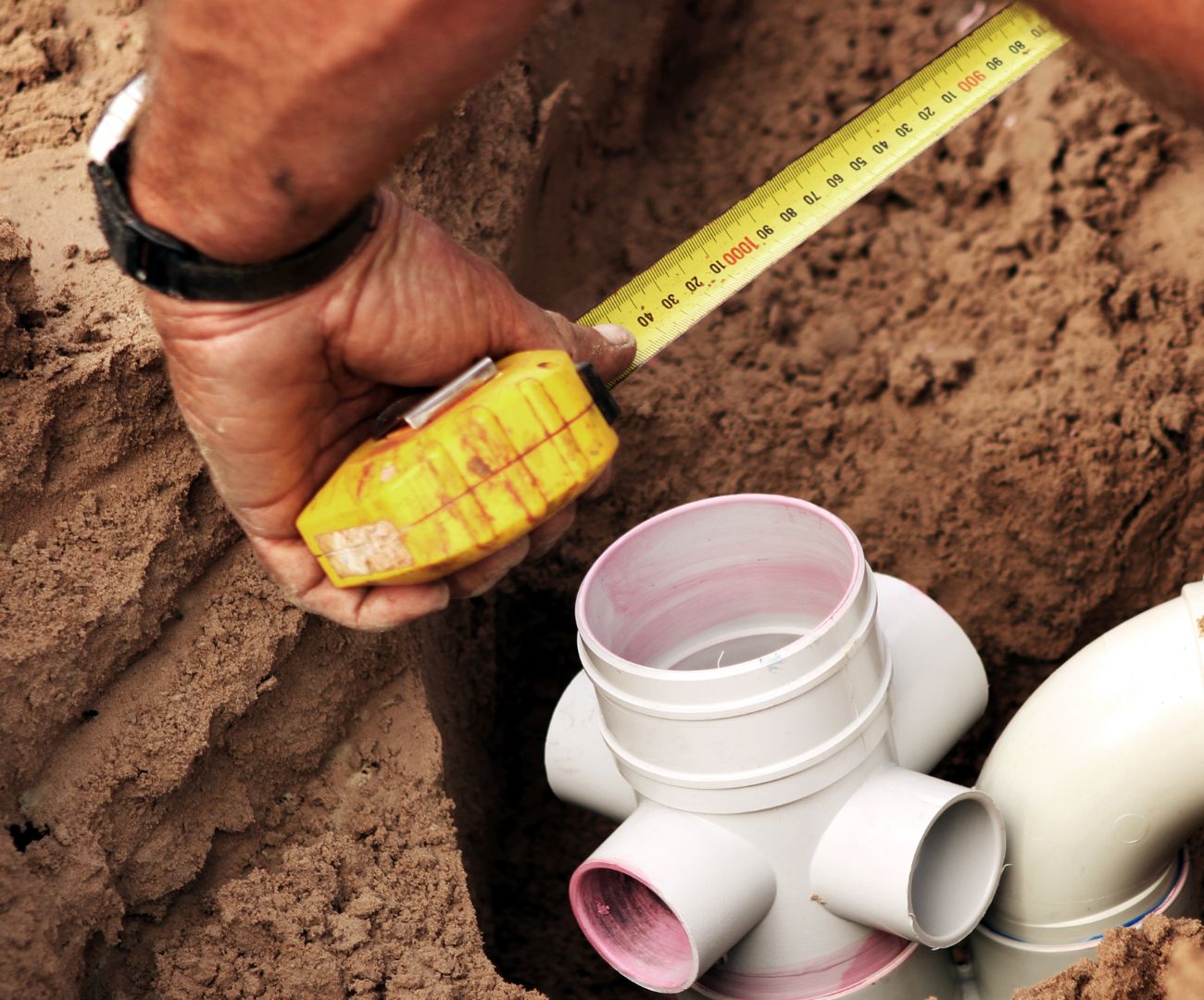
Plumbing inspections are essential for any property, as they help to identify and fix any issues with the building’s plumbing system.
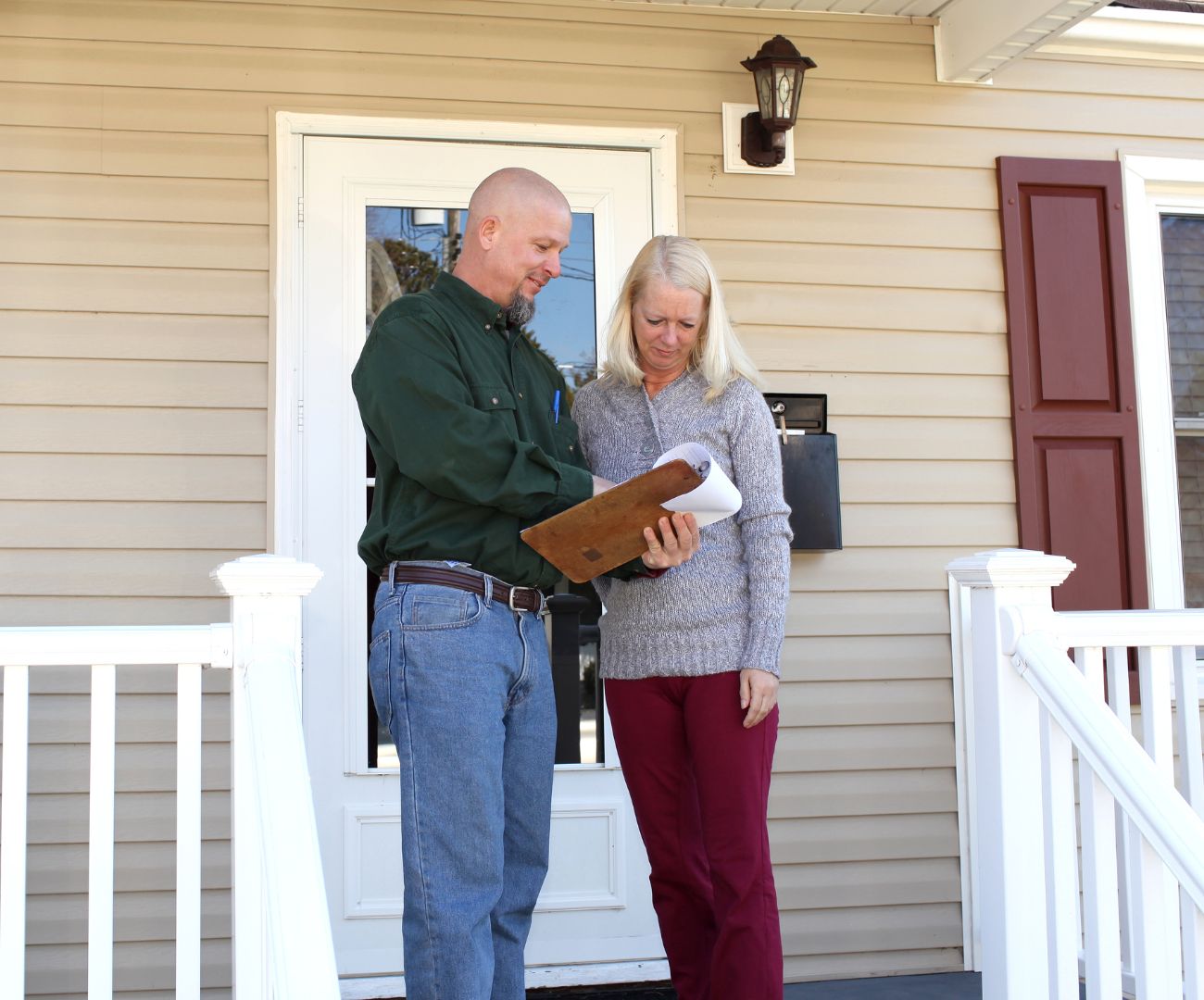
Structural inspections are essential for any property, as they help identify potential safety issues related to the building's structure.
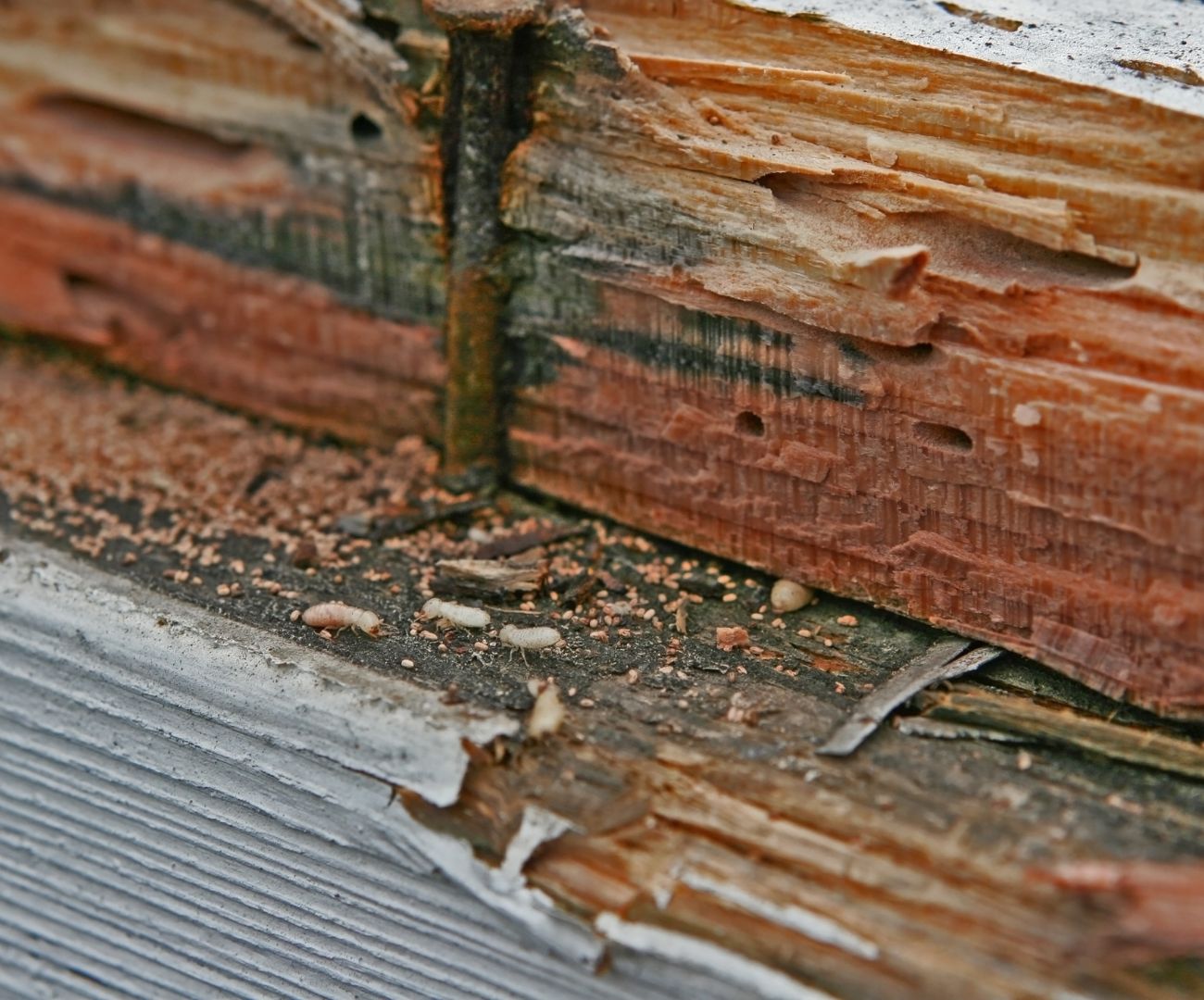
Wood-destroying insect inspections are essential for any property, as they help to identify and eradicate any insects that could damage wood in the structure.
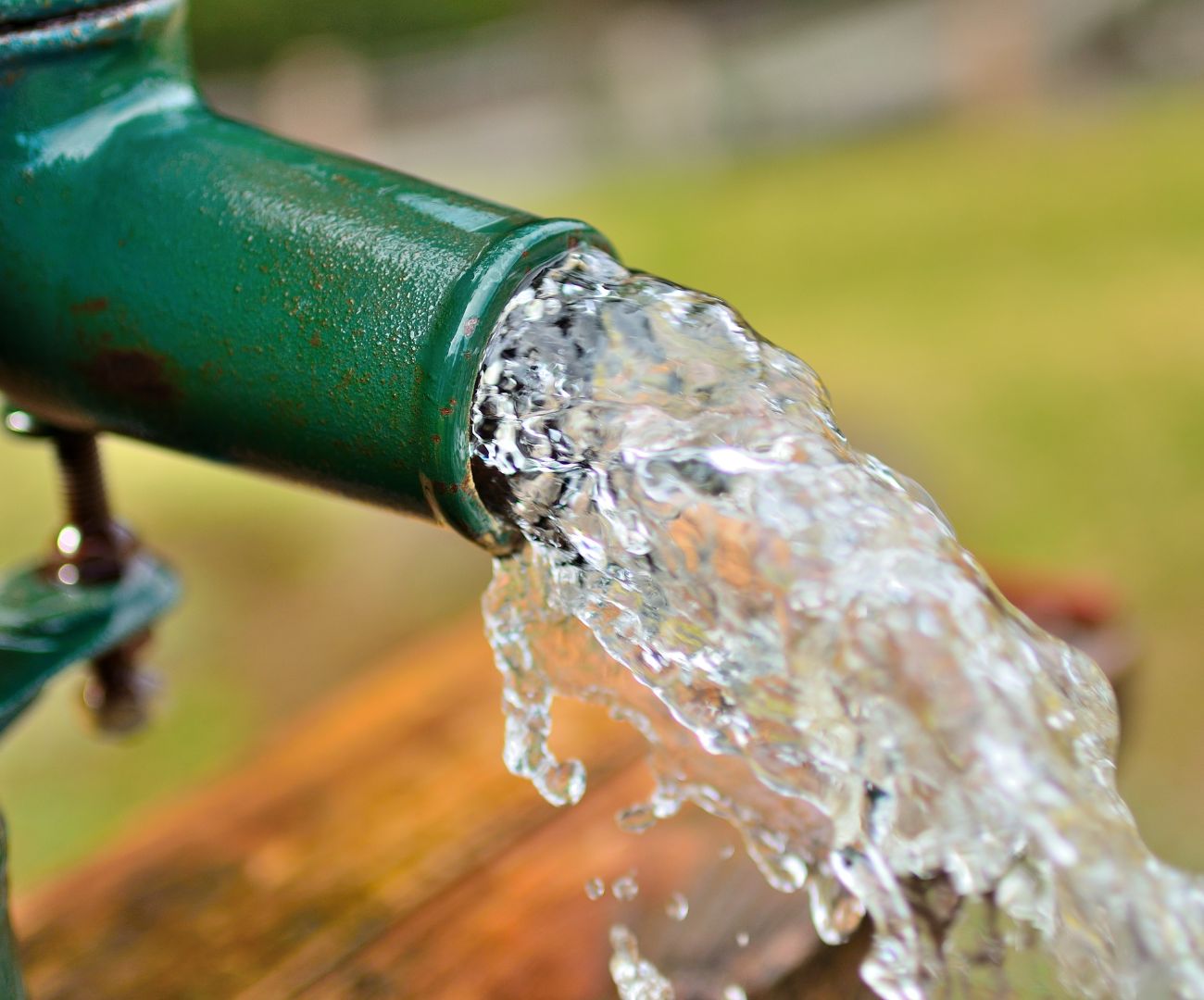
Well water testing is essential for any property with access to a well. Well water can be contaminated with bacteria or other pollutants, making it unsafe for human consumption.
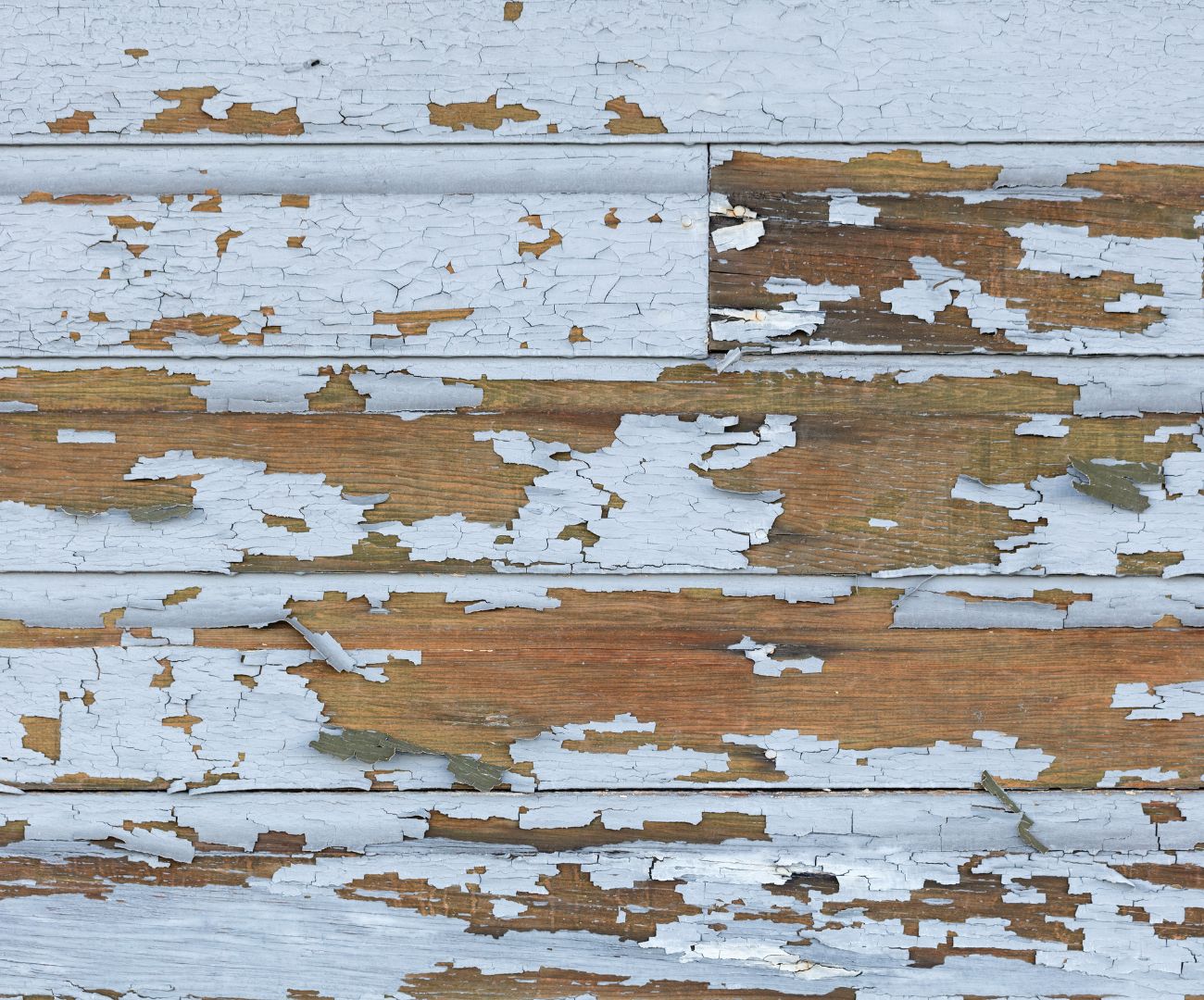
Lead-based paint inspections are essential for any property built before 1978, as they help to identify and eradicate any toxic lead that could be present in the structure.
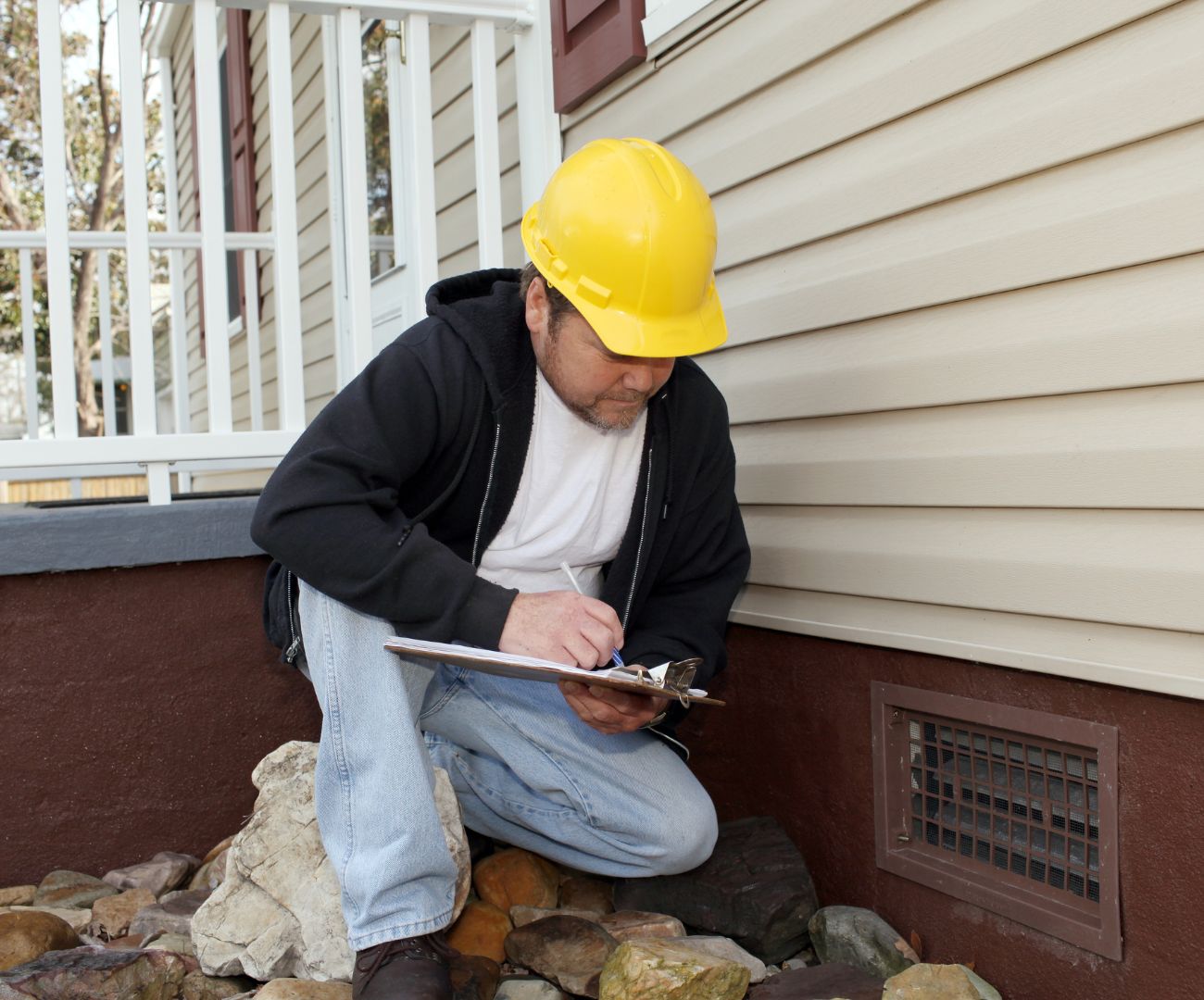
Foundation inspections are a must for any property with an older structure, helping to identify and remedy a wide range of potential issues.
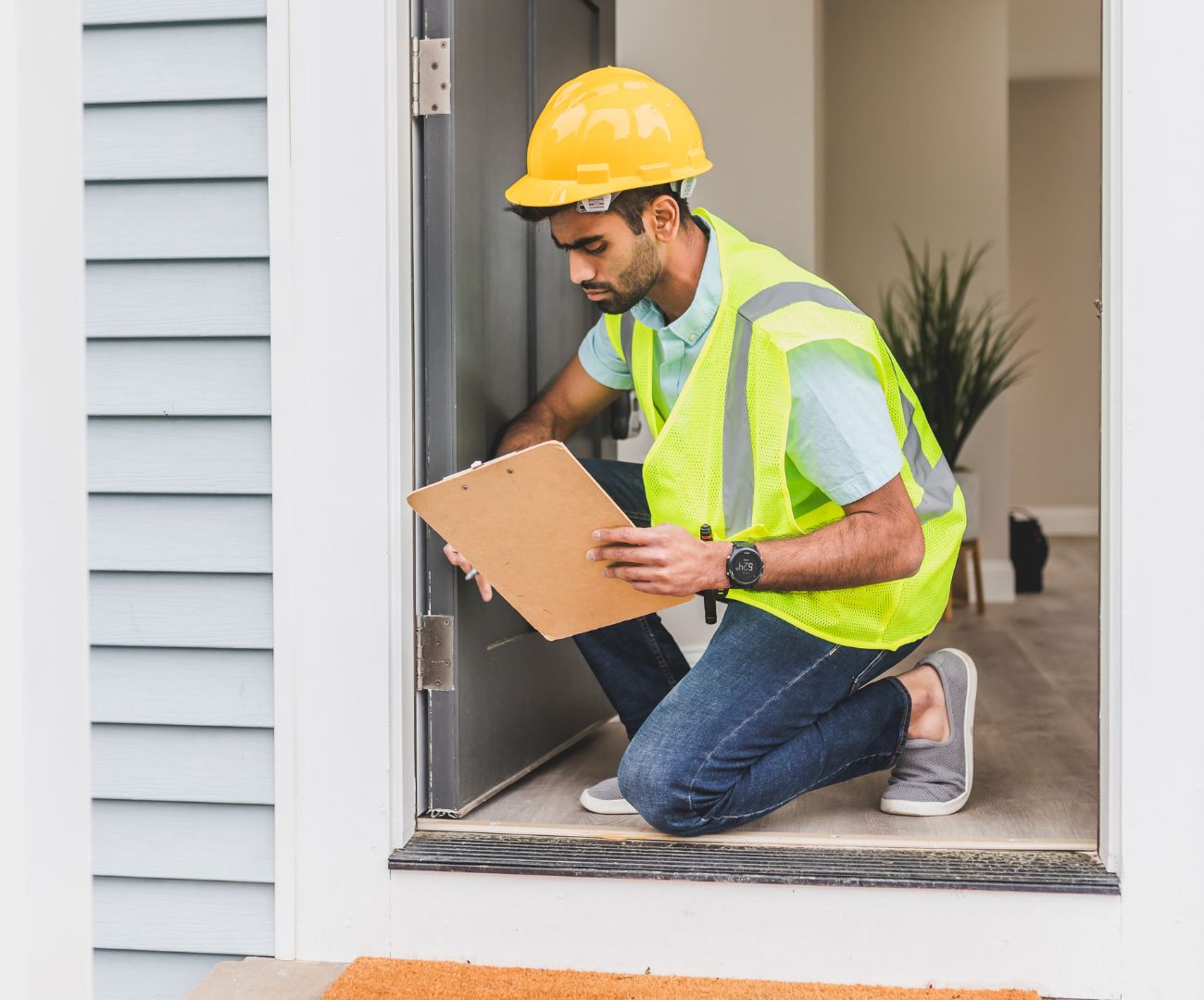
Window and door inspections are an essential part of any home inspection process, as they provide insight into the condition of a structure's key access points.
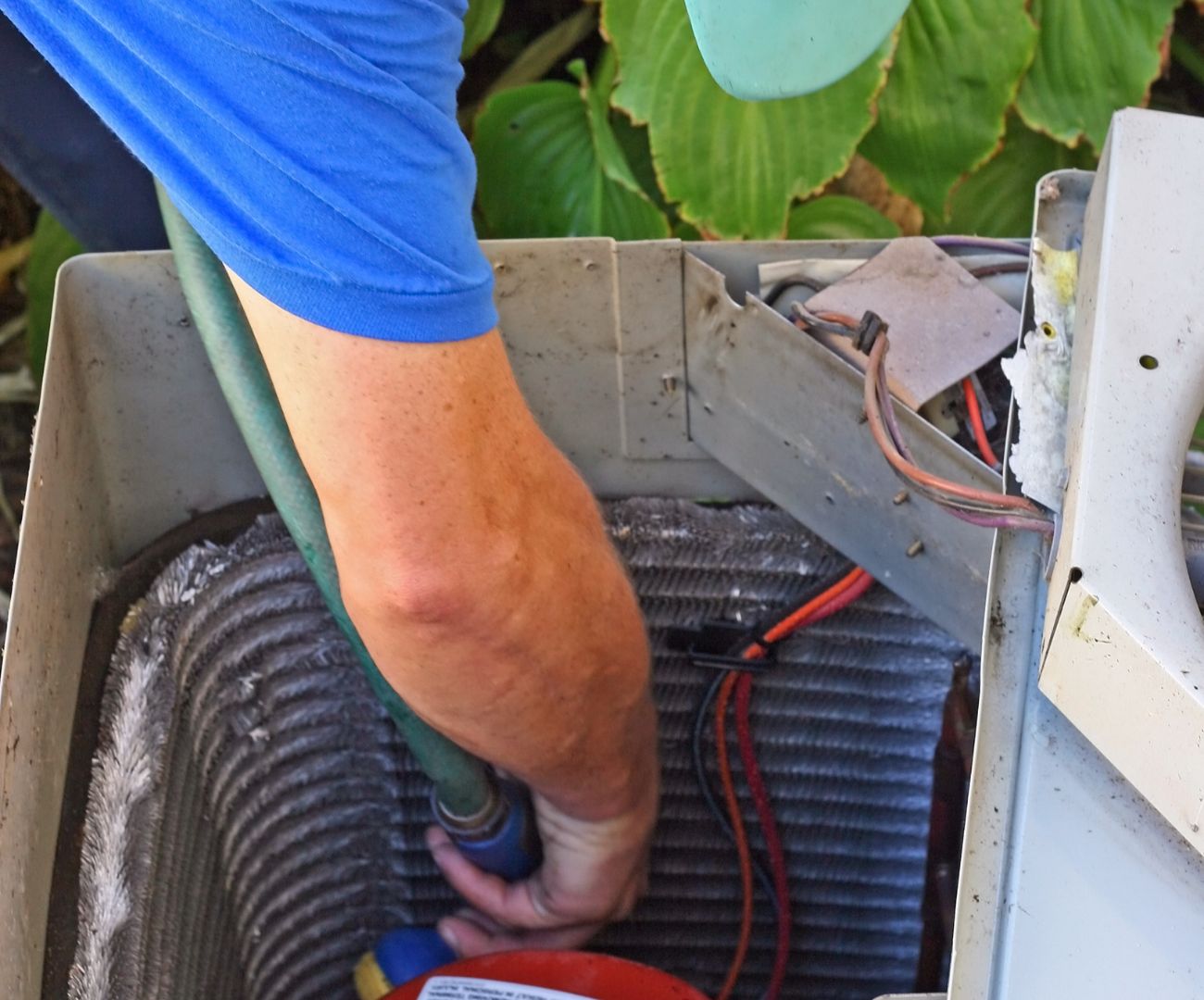
We provide unparalleled insight into the condition of your HVAC systems using advanced methods and techniques.
Home inspections are an important step in the process of buying or selling a home. A home inspection is a thorough visual examination of the condition of a property performed by a qualified professional.
During a home inspection, the inspector will assess the condition of critical components of the property, such as the roof, foundation, plumbing and electrical systems, heating and cooling systems, and other key areas. The inspector will provide a comprehensive report outlining any major repairs that need to be made or potential hazards that may exist. This report can then be used by both buyers and sellers to negotiate repairs or lower/raise asking prices accordingly.
When buying, selling, or trying to maintain a property. For buyers, it provides valuable information about the condition of the property and any potential issues that may arise during ownership. This can save you from costly repairs in the future.
As a seller, having a home inspection can help you determine any necessary repairs prior to listing your property, as well as provide confidence to potential buyers that there are no major defects with the home.
Ultimately, having an inspector evaluate your property helps both buyers and sellers make informed decisions about price and negotiate repairs if needed.
Areas that are typically inspected during a home inspection include the roof, exterior walls and foundation, plumbing and electrical systems, heating and cooling system, interior walls and ceilings, windows and doors, appliances, stairs and handrails. The inspector will also inspect insulation, ventilation and all visible areas of the property to ensure they are in good condition.
The inspector will then provide a comprehensive report outlining any major repairs that need to be made or potential hazards that may exist.
Before a home inspection takes place, it is important to make sure that the property is in as good a condition as possible.
Certain steps should be taken to prepare for the inspector such as cleaning and decluttering, securing all valuables and pets, repairing any visible damage or leaks in plumbing fixtures, testing all electrical outlets, running toilets and switches and making sure that appliances are free from dust and debris.
Additionally, all areas of the property should be easily accessible so that the inspector can properly evaluate the condition of each area.
The length of a typical home inspection can vary depending on the size and condition of the property. Generally, a full home inspection takes between two and four hours to complete, although larger properties may take longer. The inspector will evaluate all visible areas of the property and assess their condition in order to provide an accurate report of any potential problems.
The cost of a home inspection can vary depending on the size and scope of the property. Generally, a basic home inspection costs between $200 to $500, while more thorough inspections involving larger properties or special services can cost up to $1,000 or more. Some inspectors may also charge additional fees for travel time, equipment use and repeat visits.
Home inspectors do not provide protection against structural defects found during their inspection. However, some states may require home inspectors to let clients know if they discover any issues that could cause damage or significant costs in the near future. In most cases, homeowners are responsible for taking action to fix any problems found during the home inspection.
Yes, most home inspectors provide clients with a detailed report of their findings following the inspection. The report should include an itemized list of any structural or functional defects that were identified during the inspection, along with photos and further explanations if needed. Homeowners should keep these reports on file in case they ever need to reference them in the future.
Commercial building inspectors are typically able to inspect a variety of structures, including office buildings, retail stores, apartment complexes, schools, warehouses and industrial sites.
Some inspectors even specialize in certain types of commercial buildings and can provide additional insight regarding the specific issues associated with that type of structure.
The frequency of commercial building inspections depends on the type of structure and its purpose. Industrial sites, for example, may require regular inspection and testing in order to meet safety regulations set forth by the Occupational Safety and Health Administration (OSHA).
Other structures may only need to be inspected once every few years or whenever changes have been made to the building materials or construction. It is best to consult with a professional inspector before deciding on an inspection schedule.
During a commercial building inspection, the inspector will typically use a variety of tests and methods to assess the condition of the structure. This can include visual observation, physical testing, such as tapping walls and floors for structural soundness, and laboratory analysis of building materials.
The inspector may also measure temperature and humidity levels, conduct electrical systems testing, and check smoke alarms. In addition, any potential hazards that could affect the safety or usability of the property must be identified.
Yes, potential hazards must be identified during a commercial building inspection. The inspector will look for any signs of structural instability, hazardous materials, and safety violations that could put people in danger or make the building unusable.
The inspector will also evaluate the level of fire safety provided by the structure and check to make sure doors and windows are properly sealed against the elements. Additionally, things such as adequate ventilation and lighting must be present in order for the building to pass inspection.
Yes, both interior and exterior materials are assessed during a commercial building inspection. The inspector will inspect all surfaces for integrity, such as dry rot or corrosion on metal components.
They may also look for signs of water damage, such as stains, discoloration, or mold growth. Additionally, the inspector will check to make sure that floors and walls are soundly built with proper insulation and support.
Yes, inspectors typically provide photos and reports detailing their findings in the commercial inspection. The inspector will take photographs of any areas that require attention and document any issues such as structural instability, hazardous materials, or safety violations. They will also collect data on fire safety, ventilation, and lighting in the building.
The report will include all of these findings, as well as any recommended repairs or improvements that need to be made for the building to pass its inspection.
The report may also include recommendations on how to best address any potential hazards identified during the inspection. Additionally, they may provide additional information on what needs to be done in order to maintain the building in the long term.

When you fill out this form, you can expect communication from a member of our team within 24 hours to confirm. Let’s get your property inspected today!
Operating Hours: (M-F 8AM – 8PM) (Sat, Sun 8AM – 6PM)
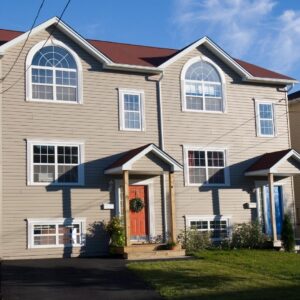 Multifamily property inspections require special attention to detail and an understanding of these types of buildings’ unique needs. Your certified inspector has been specifically trained in this area to ensure they can accurately assess a multifamily property’s condition.
Multifamily property inspections require special attention to detail and an understanding of these types of buildings’ unique needs. Your certified inspector has been specifically trained in this area to ensure they can accurately assess a multifamily property’s condition.
Using their expertise and knowledge, your inspector can identify safety risks that may not be immediately apparent and advise on how best to handle them. In addition, they will conduct a comprehensive inspection and report on potential issues, such as plumbing problems, structural damage, electrical hazards, fire code violations, and pest infestations.
Ultimately, your certified inspector will help you make informed decisions about the safety and maintenance of your multifamily property and ensure that it remains safe for all occupants. With their thorough training in this area, you can be sure that your multifamily property will be inspected expeditiously and accurately by a professional who understands these types of buildings’ unique needs.
 When considering buying a condominium, it pays to be in the know. One of the most valuable pieces of information you’ll have access to is based on possible prior inspections at your condominium community.
When considering buying a condominium, it pays to be in the know. One of the most valuable pieces of information you’ll have access to is based on possible prior inspections at your condominium community.
By understanding what past inspections have revealed, you’ll be one step ahead of any potential issues with your new investment. While condo property inspections should always include a visual inspection by a qualified inspector, they can also go beyond that. For example, inspectors may also check out the common areas to uncover any underlying structural or cosmetic deficiencies which could impact the value or operational effectiveness of the building.
Additionally, they can look at individual unit systems such as plumbing, electric, and waste management system to ensure they are up-to-date and functioning optimally. All this vital information will help you determine whether the space is suitable for your family while protecting your investment against future problems that may pop up. So, investigate all condo property inspection results before making that final purchase decision!
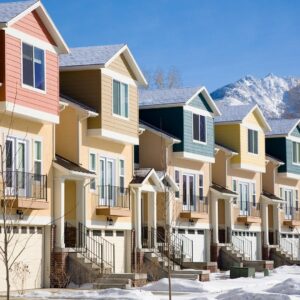 Townhome property inspections are essential for homeowners or potential buyers of townhomes. When selecting an inspector, it is necessary to look for an individual who understands the unique qualities of a townhome. This includes looking for signs of water damage that can occur from the shared walls of nearby units and ensuring electrical wiring is up to code, given the higher density living present in townhome developments.
Townhome property inspections are essential for homeowners or potential buyers of townhomes. When selecting an inspector, it is necessary to look for an individual who understands the unique qualities of a townhome. This includes looking for signs of water damage that can occur from the shared walls of nearby units and ensuring electrical wiring is up to code, given the higher density living present in townhome developments.
Quality inspectors will also rely on their experience and knowledge of building codes to ensure systems such as plumbing, drainage, and air conditioning are running correctly.
Working with a quality inspector who understands the nuances of townhomes allows individuals and families buying or selling to benefit from added peace of mind regarding their potential property investment condition. Properly researching inspectors and ensuring they possess the necessary knowledge can help them get the home inspection report they need for peace of mind when working with a townhome unit.
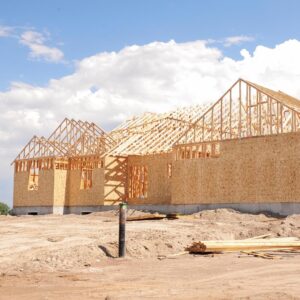 New construction property inspections can provide peace of mind for a homeowner — especially if the home is brand new. While construction workers are usually required to complete certain safety and code inspections before they turn the building over to the owner, there’s no comparison between the partial inspections during the building process and those done in a private inspection.
New construction property inspections can provide peace of mind for a homeowner — especially if the home is brand new. While construction workers are usually required to complete certain safety and code inspections before they turn the building over to the owner, there’s no comparison between the partial inspections during the building process and those done in a private inspection.
Private inspectors can offer unbiased opinions with trained eyes that usual construction workers don’t have time or expertise to do. From checking overall structural integrity to evaluating any installed devices like windows, fireplaces, heaters, air conditioners, plumbing systems, and electrical wiring, a certified inspector will cover all aspects of the house and make sure everything is up-to-code while providing an extensive list of items that may need further attention or immediate repairs.
A proper new construction home inspection will point out potential issues ahead of time, saving homeowners valuable time, money, and worry associated with having to repair or deal with faulty installations in their newly built homes. Ultimately, a home inspection assures homeowners that their precious investment is safe and sound for years to come.
As homeowners know, a thorough inspection of their property is key for maintenance and safety. This is especially true for houses built before the current codes and standards. When considering older home property inspections, there are additional considerations to consider. Depending on the age of the house, extra attention may need to be paid to electric wiring, gas pipes, and plumbing systems since these materials are subject to degradation over time. The structure also needs to be inspected more closely, as years of pressure can cause floors and walls to weaken or settle unevenly.
It’s a good idea to check regularly for water damage, so any arising problems can be managed. Engineering and framing components should also be examined, as aging wood could strain support systems and jeopardize the integrity of beams, joists, posts, and other structural elements. All-in-all, with older home property inspections, it’s important not just to look at major repairs but consider smaller details as well, given their role in safeguarding your home from potential danger down the line.
Knowledgeable professionals at complete building Inspections are available when it comes to up-to-date codes, evaluating material conditions, and performing comprehensive evaluations of these pre-existing dwellings, so you can have peace of mind knowing that there aren’t any unseen issues lurking around the corner, ready to create costly headaches waiting for you further down the line.
When purchasing a new home, it is important to have the property inspected to ensure that all systems are functioning as they should. The inspection generally includes assessing the home’s major systems, such as the roof, HVAC unit, electrical wiring, water, sewer lines, plumbing fixtures, and exterior surfaces.
An inspector will go through each area carefully and note any damage or other problems they encounter while conducting their thorough inspection. They will also assess the condition of the structure’s insulation, doors and windows, and ventilation duct system. In addition to looking at the physical elements of the home for wear-and-tear issues or possible code violations, inspectors must also check for potential safety risks. These can range from checking smoke detectors and testing electrical systems to noting combustible gas leaks or hazardous materials in the basement.
While buyers should feel comfortable and secure with their purchase once a qualified professional has completed an inspection, it is important to remember that inspections typically do not cover cosmetic features or cosmetic maintenance needs that may arise in the future. It is important for buyers to consider additional services, such as pest inspections, depending on their needs before making a final decision about purchasing a certain property.